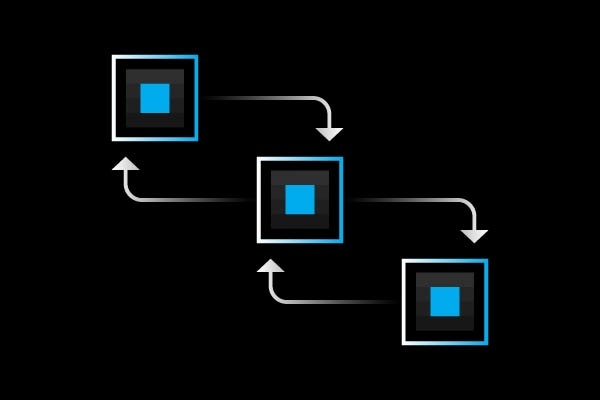What is version control system in modern day computing?
Version control systems play a critical role in software development.
In this article, we will discuss the significance of version control systems in modern computing. In this article, we'll explore what version control is, why it's essential, and how it accelerates software engineering teams.
What is a version control system?
Version control is the practice of tracking and managing changes made to software. Version control systems are the software tools we use to manage our changes to code over time. As development methods have changed to a more agile nature, version control systems facilitate collaboration and enable teams to work smarter and faster. This in turn reduces development time and increases number of successful deployments.
Version control systems are like the crown jewels, a precious asset that must be kept safe at all times. For most engineering teams, this is where our code lies, the solution to our domain specific problems. Version control protects source code from both catastrophe and the casual degradation of human error and unintended consequences.
Benefits of Version Control Systems:
Complete audit of every change in a project: This means that every single change, ever made, is saved. This includes creation and deletion of files. Each change will include a reference to author, timestamp, the change and a message. This is key as it enables teams to execute root cause analysis when needed.
Branching and merging: This enables developers to work concurrently, however, even individuals work alone can benefit from this as they can set up an independent stream of changes.
Traceability: This is super key as it enables us to track all changes being made to software, link it up to a project management tool like Jira or Asana, and annotate each change with a message. Having an annotated audit with all historical changes allows us to understand what’s going on, why software was built in a certain manner and will also enable developers to make correct changes that are in accord with the long term design of a software system.
Collaboration: Enables multiple developers to concurrently work on a single codebase in a safe manner.
Popular Examples of Version Control Systems:
There are several widely used version control systems in the software development industry. Two prominent examples include:
Git: Git is a distributed version control system that provides powerful branching and merging capabilities. It has gained immense popularity and is widely adopted by development teams worldwide.
Subversion (SVN): Subversion is a centralized version control system that offers robust features for tracking changes. While its usage has decreased compared to Git, it is still utilized in certain environments.
Conclusion
In conclusion, version control systems play a vital role in modern software development. They ensure the safety and integrity of code, enable collaboration, and provide valuable insights through comprehensive auditing and traceability. By leveraging version control systems like Git and SVN, software engineering teams can effectively manage changes, streamline workflows, and deliver high-quality software products.
Which version control system do you use?
Thank you for reading, and stay tuned for more insights on version control and its impact.



I can't think of a good reason to use anything other than git these days.